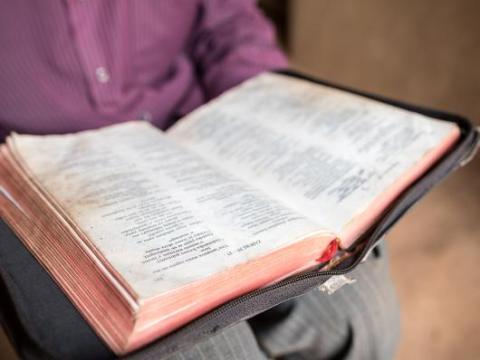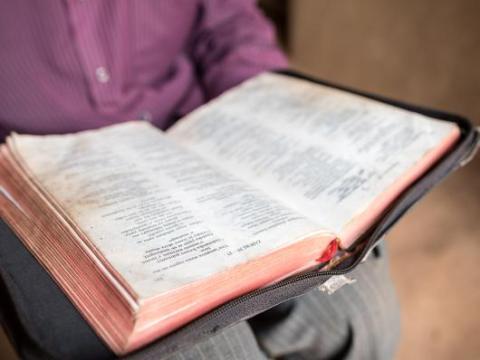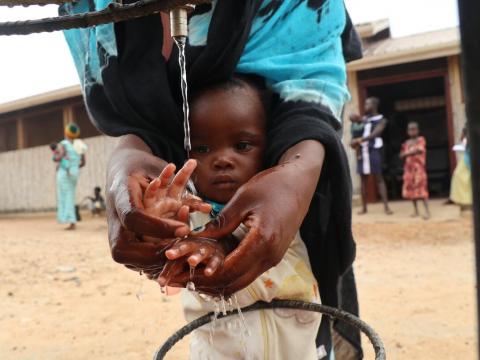
Faith and Development
Our Impact
World Vision’s Christian identity drives us to work with people of all faiths or none for the well-being of children. We build bridges of understanding and collaboration with those, including local faith actors, whom we share common values - such as non-violence, non-discrimination, non-proselytism, transparency and the deep desire to support the holistic well-being of children.
Research demonstrates that the credible presence of local faith actors far outlasts the cycle of governments and political parties, as well as international actors. Faith actors have a longitudinal view of the communities they serve and hold a unique perspective and understanding of a community’s changing needs, pre-existing coping mechanisms, self-protection activities and critical cultural traditions. Because faith is so deeply woven into the fabric of many communities, meaningful engagement and partnerships with local faith actors can drive local ownership, ensure that responses are appropriate to their context and strengthen accountability to local populations. Understanding people’s worldviews, religions, values and belief systems is necessary for sustainable impact, lasting behaviour change, transformed relationships and viable alternatives to exploitative systemic and structural causes of poverty.
Our Approaches

Faith Partnerships
Faith Partnerships: Over the years, World Vision has developed broad and deep relationships with a network of over half a million local faith actors of all faiths who play a unique and essential role in their communities achieving the SDGs. These partnerships drive scale. Collaborating with faith leaders can drive positive changes in attitudes, behaviours and norms within communities, leading to measurable impact. World Vision seeks to expand and deepen our partnership with churches and church leaders as our indispensable partners—leveraging evidence-based project models.

Social Norms Change
Our Christian faith drives us to advocate for and partner with others for transformation that contribute to children thriving. Engaging faith leaders and faith communities to address barriers to children’s rights and well-being (such as in the areas of gender equality, child rights and protection or health through our Channels of Hope, Celebrating Families and Empowered Worldview programming) is a powerful driver for changing harmful social norms.

Social Cohesion
We bring leaders of many faiths together focused on common goals related to supporting the flourishing of children in the community. Faith and faith actors can drive successful, contextual and sustainable community engagement. Models like Do No Harm for Faith leaders or Channels of Hope bring faith leaders together, strengthen social cohesion, build more peaceful communities and and reduce xenophobia.

Understanding the Spiritual Root Causes of Vulnerability
Integrating a Spiritual Landscape Assessment tool helps World Vision and community partners uncover and design programmes that respond to religious and spiritual realities that affect child vulnerability—amplifying positive impact and addressing underlying beliefs or norms that lead to harm.




